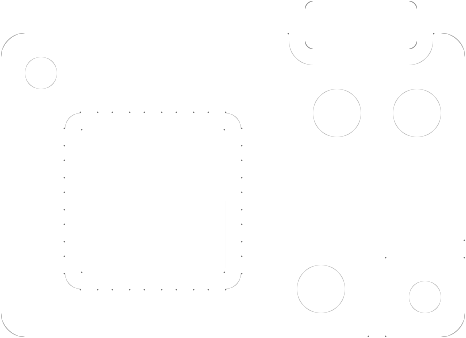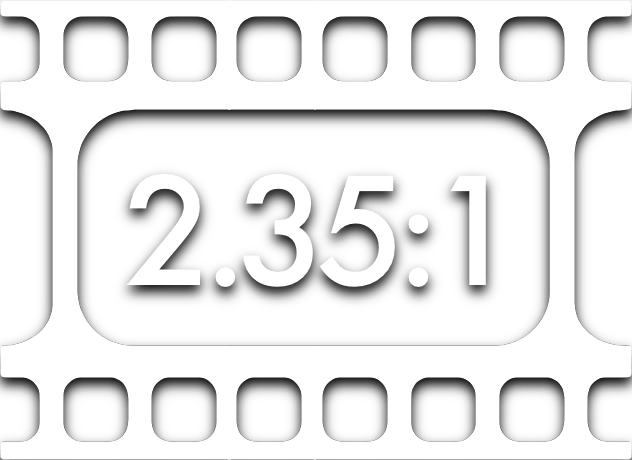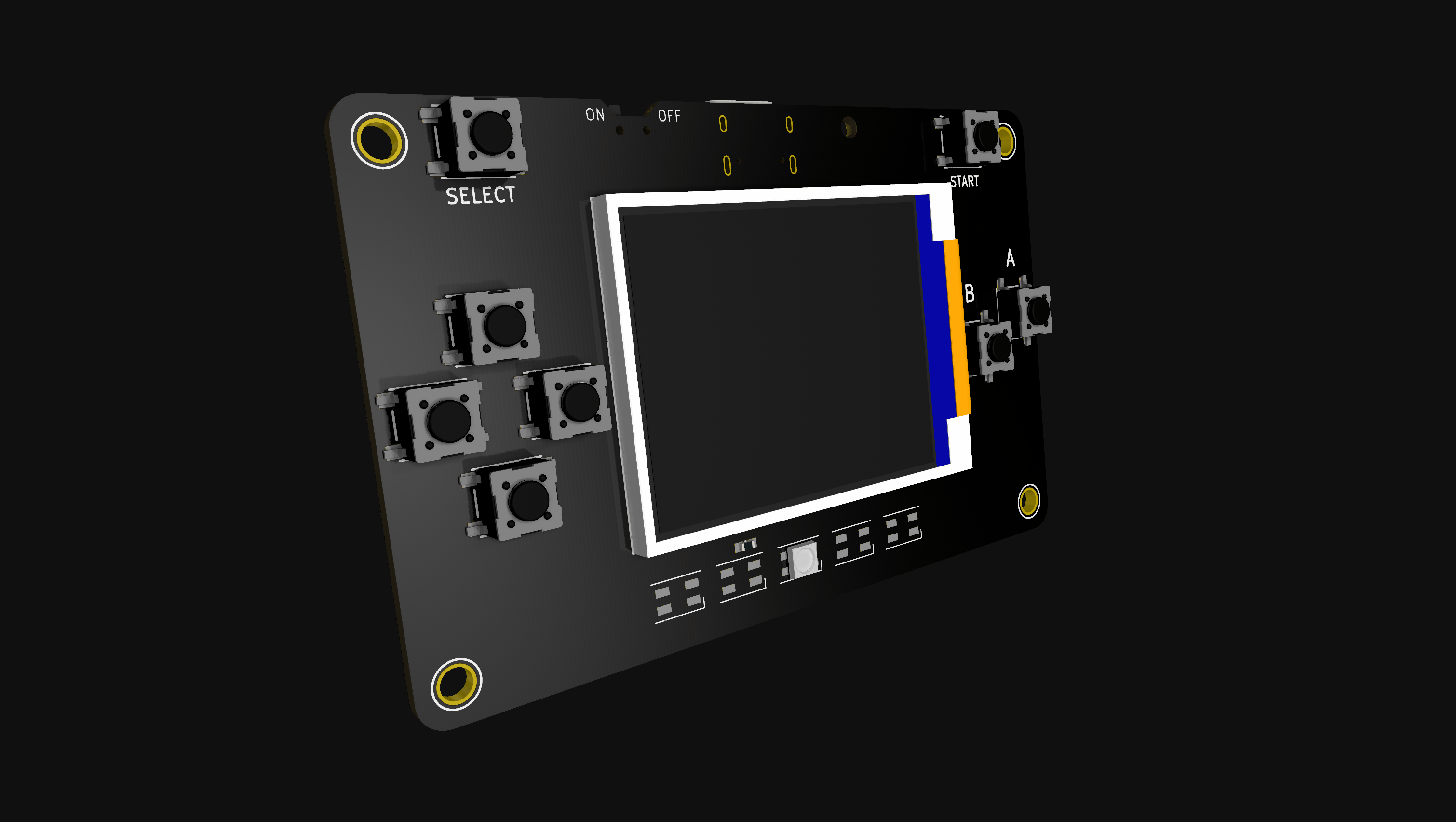Stephen
Hexops
0x0
Hexops
0x0


This year we're also welcoming some friends from the Roc programming language community!
Choose between two optional full-day workshops.
Workshops this year are before the main event so that you don't have to choose between being well rested for an intense workshop, or missing out on interesting late-night discussions.
This is the day where you get to tinker with your programmable badge!

The room will be setup with tables for everybody to sit down and chat about Zig, personal projects and shared interests. Some tables are reserved for special projects and initiatives, so make sure to check them out!
Alongside the badge you will also get instructions on how to program it using MicroZig. This is a great excuse to make friends by getting and / or offering help, and if you're completely new to embedded development, don't worry, there's going to be a MicroZig table full of people eager to help you.
Note: the badge is still a work in progress and the render above might not fully match the final result.
Systems programming is a lot more than just manual memory management.
Whenever you write a piece of code, a new system is born.
This is true at all levels of abstraction, from OS syscalls to a new service added to a distributed system, to even a new component in a single page application. This day is dedicated to improving our systems programming mindset as best described in "Making Systems Progamming Accessible" by Andrew Kelley.
This year we're also welcoming friends coming from the Roc programming language community, so expect to see talks that relate to functional programming and the unique perspective that Roc offers on the balance between high-level abstractions, performance and the resulting developer experience.
Today we celebrate the art of creating software for humans.
The first theme of the day is the relationship between software and art. Software that supports the creation of art, generative art, and also more philosophical questions, like "Does Technology Destroy Art?"
The second theme is learning how to combat the wake of user-hostile software. Abuse of private data, endless "not now" nagging, requiring a subscription for heated seats; all of these are blatant examples of external factors worsening technology in a way that can't be solved just by picking a better programming language.
Lastly, all topics that gratify intellectual curiosity are fair game, as long as they're not overly focused on programming minutiae. This day is meant to be accessible also to people interested in technology who might not be programmers.